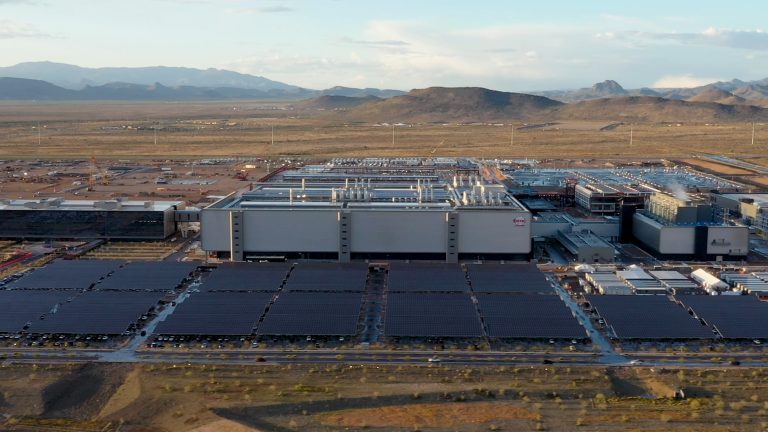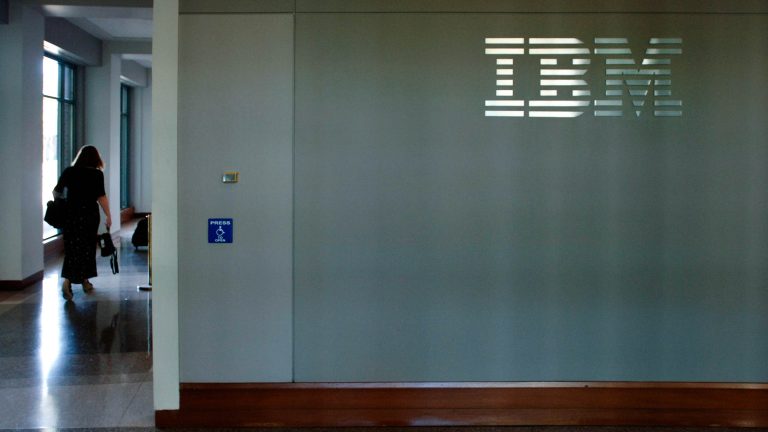On June 25, an industry association of internet companies, including Google and Facebook, submitted a letter to the Hong Kong government stating that they may “refrain from investing and offering their services in Hong Kong” over a proposed amendment of the Personal Data (Privacy) Ordinance. After police officers, government officials, and judges were doxxed in the wake of the 2019 protests, the Hong Kong government introduced an amendment that means employees of technology platforms could be jailed if they fail to comply with official takedown requests.
Hong Kong users soon started panicking that “refrain from offering their services in Hong Kong” might mean that internet platforms such as Google or Facebook would “exit,” “quit,” or “leave” the Hong Kong market, leaving more than 7 million people without access to their services. Unlike the internet in mainland China, the internet in Hong Kong remains relatively free and open, but its freedom is precarious. On July 7, the Hong Kong government issued a statement that “the tech companies have no plans to quit Hong Kong.”
The process for an internet platform to leave a market, however, is not as obvious or simple as it might seem. And the manner in which a company follows through with the threat of an exit is important not only for its own values or integrity but also for its users, who need to know whether they can continue to trust the platforms to protect them or whether the platforms will become complicit with the government.
In order to understand the current situation in Hong Kong, it’s helpful to look back to 2010, when Google stopped offering the Chinese localized version of Google Search (google.cn) and instead referred its Chinese users to the uncensored Hong Kong version of Google Search (google.com.hk). What is perhaps surprising and less well known is that Google, as of today, still has offices and employees in China, including engineers and salespeople.
In some sense, Google never really “left” China. The company stopped operating its Chinese version of Google Search because it no longer wanted to practice the self-censorship that is necessary under the Chinese government. Google also said that it had evidence of hacking attempts, including of Gmail accounts of human rights activists, and that it felt it had to “leave the market” to protect its users. In 2020, Google, Facebook, Twitter, and other internet platforms made a similar decision in response to the enactment of Hong Kong’s national security law, when they announced the suspension of all user data requests from the Hong Kong government.
It is unlikely that internet platforms will relocate their offices or employees out of Hong Kong, since most of them are comfortable having offices and employees even in mainland China. But after the Hong Kong government effectively killed off the pro-democracy newspaper Apple Daily — by freezing its assets, raiding its offices, seizing computer devices, and arresting its editors — internet platforms would be wise to relocate servers, data centers, and key personnel, including the legal team that makes decisions on whether to comply with content removal requests.
Under the proposed Personal Data (Privacy) Ordinance amendment, internet platforms and employees face criminal liability with a potential maximum fine of almost $130,000 (1 million Hong Kong dollars) and maximum prison time of five years. Relocating data centers and key personnel outside of Hong Kong might be only a temporary solution. The Hong Kong government could counter these moves by mandating the physical presence of a grievance or compliance officer, similar to the legal requirement the Indian government started to impose on the internet companies, or the physical presence of servers and data centers (also known as data localization), a regulatory development made popular by the Russian and Chinese governments. If servers or data centers are physically in Hong Kong, then they can be monitored, raided, or seized, giving the government critical leverage over the platforms to force compliance with takedown requests.
The process for an internet platform to leave a market is not as obvious or simple as it might seem.
The Hong Kong Police have requested that internet service providers in Hong Kong block a select number of websites that are allegedly in violation of the National Security Law, including the website of a Presbyterian church in Taiwan. In addition, Privacy Commissioner for Personal Data Ada Chung Lai-ling has unambiguously stated that “entire websites could be taken down over doxxing.” That said, the Hong Kong government might not be interested in blocking major platforms, such as Google and Facebook, at least for now. Instead, the government’s threat to block websites is probably targeting smaller platforms that are popular with the pro-democracy movement, such as Telegram or LIHKG, a website similar to Reddit.
The Hong Kong government, in speaking on behalf of the tech companies and reassuring the public they won’t “quit” Hong Kong, has left many questions unanswered. In cases that clearly involve political speech, I hope that the tech companies will continue to do the right thing and allow content to remain online. But what about cases that are more ambiguous? How transparent will the internet companies then be?
The internet platforms would be wise to extend the suspension of user data requests from the Hong Kong government, at least until there are stronger and clearer reassurances that the government will not use the law to arrest and prosecute activists, legislators, or journalists. I am reminded of 2005, when Yahoo aided the Chinese government in arresting Shi Tao, a Chinese journalist and dissident.
As a public, we need to figure out how to enable market structures that incentivize companies to compete with each other, to see who can have the strongest moral principles, such as protecting their users, human rights, and the free and open internet. At the moment, tech companies are more focused on government relations that protect their own survival or bottom line. We want a race to the top, not a race to the bottom. The future of Hong Kong’s internet depends on it.



